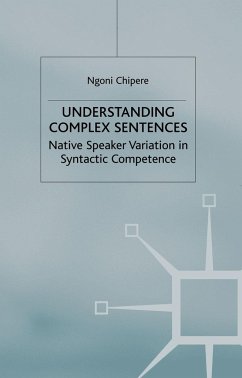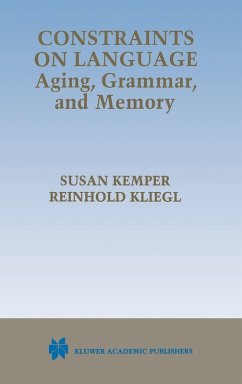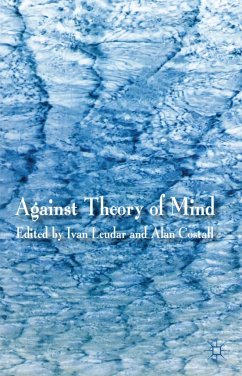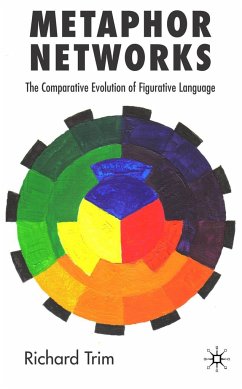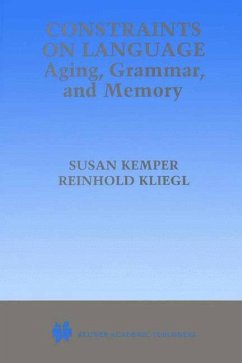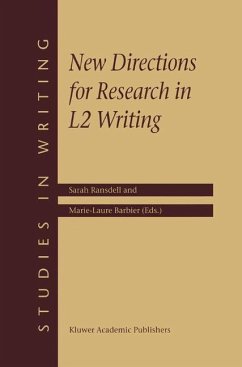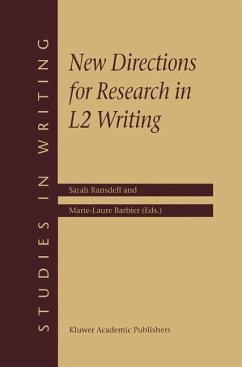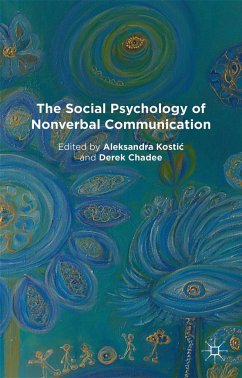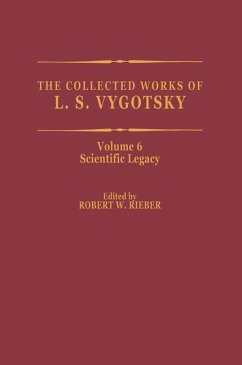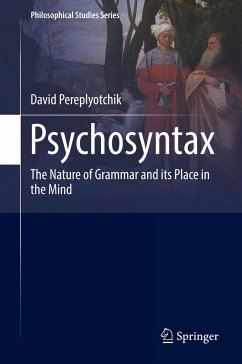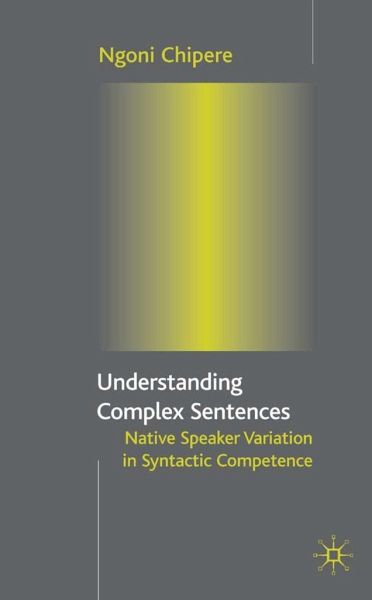
Understanding Complex Sentences
Native Speaker Variation in Syntactic Competence
Versandkostenfrei!
Versandfertig in 6-10 Tagen
76,99 €
inkl. MwSt.
Weitere Ausgaben:

PAYBACK Punkte
38 °P sammeln!
Is native speaker variation in understanding complex sentences due to individual differences in working memory capacity or in syntactic competence? The answer to this question has very important consequences for both theoretical and applied concerns in linguistics and education. This book is distinctive in giving an historical and interdisciplinary perspective on the rule- based and experience-based debate and in supporting an integrated account. In the study reported here, variation was found to be due to differences in syntactic competence and the author argues that sentence comprehension is...
Is native speaker variation in understanding complex sentences due to individual differences in working memory capacity or in syntactic competence? The answer to this question has very important consequences for both theoretical and applied concerns in linguistics and education. This book is distinctive in giving an historical and interdisciplinary perspective on the rule- based and experience-based debate and in supporting an integrated account. In the study reported here, variation was found to be due to differences in syntactic competence and the author argues that sentence comprehension is a learned skill, displaying many of the general characteristics of cognitive skills. The book will be stimulating reading for psycholinguists, theoretical linguists, applied linguists and educators.



